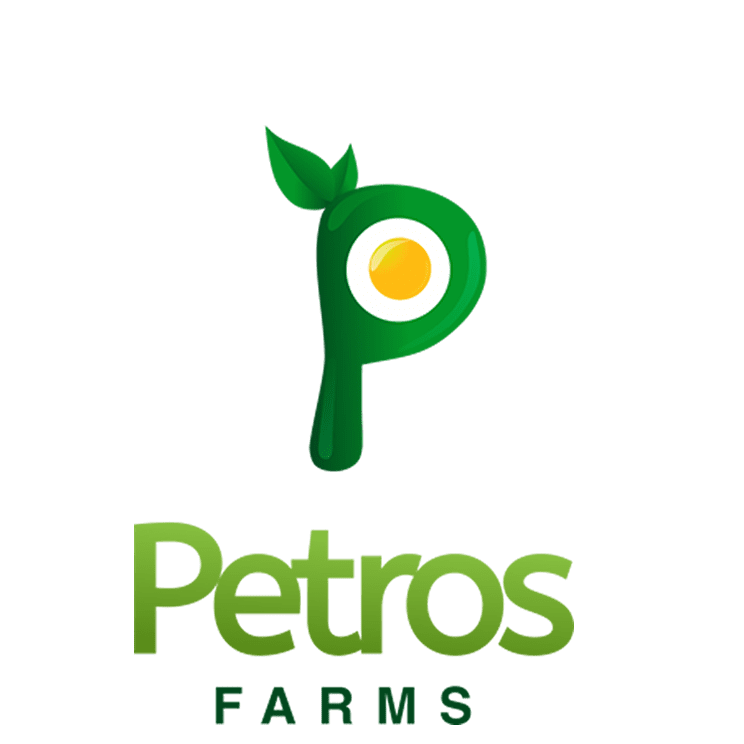05 Feb How To Make Your Chickens Lay More Eggs
Welcome to the captivating world of poultry layer farming, where the extraordinary journey of our ISA Brown Chickens in Pen House 1 at Petros Farms is rewriting the rules of poultry farming. In this blog, we’ll explore the secrets behind their remarkable egg-laying performance and how you can apply these lessons to increase egg production in your own poultry farm in Nigeria.
Our journey begins with the arrival of these exceptional hens at the tender age of 13 weeks. Little did we know that they would become the heartbeat of our egg production operations, consistently surprising us with their unparalleled performance as they approach the monumental 100-week milestone.
In an industry where declining egg production percentages are common, the hens of Pen House 1 have defied these trends, maintaining an astonishing 77% egg production rate and even exceeding it. Their average egg production per chicken has soared to an incredible 460 eggs, setting new benchmarks in the poultry world.
So, how can you make your chickens lay longer and more eggs? Let’s uncover the secrets behind our success at Petros Farms:
- Optimal Nutrition: Meticulous nutritional plans play a crucial role in maximizing egg laying performance. Ensure your chickens receive a balanced diet rich in essential nutrients, specifically calcium to support their health and egg production.
- Proper Housing Conditions: Create optimal housing conditions that prioritize the comfort and well-being of your chickens. Adequate space, ventilation, and cleanliness are essential for maintaining healthy laying hens.
- Proactive Biosecurity Routines: Implement strict biosecurity protocols to prevent the spread of diseases and ensure the health and safety of your flock. Regular monitoring and preventive measures can help minimize the risk of illness and maintain consistent egg production.
- Expert Care: Dedicate time and attention to the care of your chickens. Regular health checks, vaccinations, and attentive management practices are key to ensuring the well-being and productivity of your flock.
At Petros Farms, our commitment to providing unparalleled care, meticulous nutritional plans, optimal housing conditions, and proactive biosecurity routines has been instrumental in fostering exceptional egg laying performance in our hens.
But it’s not just about the triumphs; it’s about the challenges faced and the lessons learned along the way. In the upcoming articles, we’ll delve into the unique protocols and strategies that have contributed to our success. From
Mash vs Pellet Chicken Feed, nutritional plans to keep the hen’s liver healthy to housing conditions and flock weight management routines, we’ll share our experiences, challenges, and triumphs in the realm of poultry farming. Join us on this remarkable journey as we follow the trailblazing hens of Pen House 1 towards their extraordinary 100-week milestone.
In conclusion, by implementing the right strategies and providing optimal care, you too can maximize egg production and keep your chickens laying longer. Stay tuned for more insights and practical tips from Petros Farms, your partner in poultry farming excellence.
Top 5 Key Takeaways
- Optimal nutrition, proper housing conditions, proactive biosecurity routines, and expert care are essential for maximizing egg production and keeping chickens laying longer.
- Petros Farms’ ISA Brown Chickens in Pen House 1 have defied industry norms, maintaining a remarkable 77% egg production rate even at 90 weeks of age.
- With an average egg production per chicken reaching 460 eggs, these hens have set new benchmarks in the poultry world.
- Meticulous protocols and dedicated team efforts contribute to the outstanding performance of the hens, highlighting the importance of comprehensive management strategies in poultry farming.
- By learning from Petros Farms’ experiences and implementing similar strategies, poultry farmers can optimize egg production and enhance the persistency of lay in their own flocks.
Cheers.
Petros Farms
Share with:
